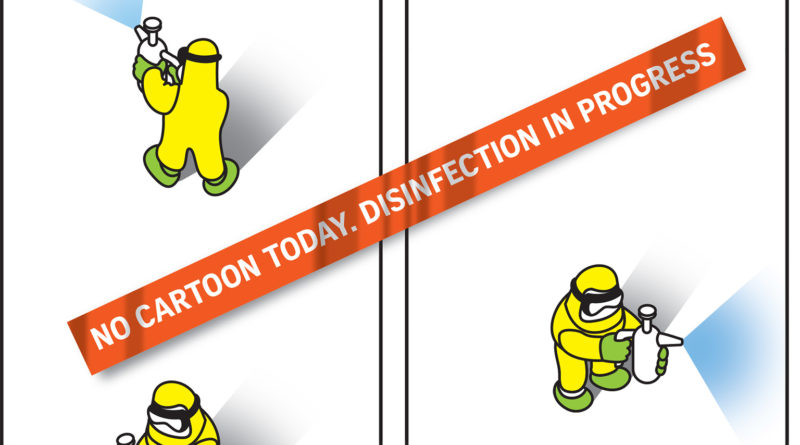EDITORIAL-SG: The Straits Times says: Crises are best fought in good times
The Straits Times says

Crises are best fought in good times.
As the Covid-19 pandemic grows, comparisons are being made and lessons offered from the past such as the 1918 Spanish flu and the 14th-century bubonic plague that left millions dead in Europe. Taking a step back, there’s another lesson to be drawn from an even older source – the Old Testament account of Egypt’s ruler being advised by his vizier Joseph to prepare ahead for seven years of famine during seven years of good harvests.
The stockpiling of grain to prepare for bad times has much relevance today as countries scramble in desperation for scarce ventilators, masks, gloves and medical staff in the battle against Covid-19. The United States offers a cautionary tale of what not to do. The Trump administration has been criticised for disbanding experts tasked with monitoring pandemics and multiple attempts to cut funding for the Centres for Disease Control and Prevention. But as one think-tank commission noted, this tendency for the government to be caught in “a cycle of crisis and complacency” goes back several administrations. Attention and funds come back only when fears of Ebola or Al-Qaeda bioweapons hit the headlines.
The US is not alone in this sort of fitful response as the quiet building of reserves and capabilities is not a vote winner in good times. The hope is that the trauma of the present outbreak will change minds, because the odds of future pandemics have risen with globalisation. That Singapore is not in panic mode is testament to the virtues of preparing for the next crisis after the last. When Sars struck in 2003, Singapore General Hospital had to convert dozens of rooms over a weekend into negative-pressure rooms with nothing more than modified industrial fans and pieces of plywood. Since then, public health capacity has been ramped up with more hospitals and a National Centre for Infectious Diseases with dedicated isolation and treatment facilities. New protocols and expertise were also added in the intervening years.
This building of reserves to mitigate the shocks of a cr are crucial too – trust and access to accurate information. Without trust, governments will have a hard time getting people to accept tough measures and personal sacrifices such as quarantines and travel curbs. Without trust, societies will unravel as unfounded fears about the contagion and adequacy of supplies run wild. Trust is inextricably linked with getting the truth out, and having reliable media is critical when bizarre and downright dangerous advice, such as drinking bleach to kill the virus, circulates on social media. Providing anxious citizens the facts, and building up trusted media channels with the wherewithal to do so, might not be on the priority list when things look rosy. But these public institutions are an essential component of a nation’s “reserves” – in good times and bad.











